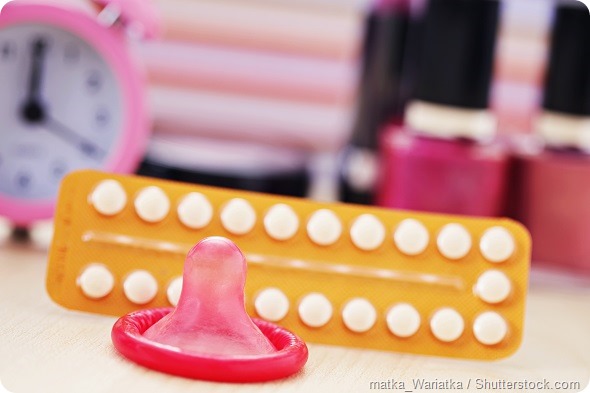Providing health workers with training on how to educate young women about intrauterine devices (IUDs) and contraceptive implants reduced the rate of unintended pregnancy by almost half in a study of women seeking family planning services.
The findings, published in The Lancet, come from a randomized trial conducted between 2011 and 2013 that included 40 health clinics across the U.S. It is the first clinic-based intervention to reduce unintended pregnancy, which remains a serious public health challenge in the U.S.
Although the use of long-acting reversible contraceptives (LARC) such as IUDs and implants has been recommended as the first-line contraceptive by the American College of Obstetricians and Gynecologists since 2009, healthcare workers are less familiar with these methods and do not routinely include them as part of contraceptive counselling.

“There has been heavy reliance in the United States on the pill and condoms for young people. It’s easy for people to forget to use these methods, which can lead to accidental pregnancies,” explains lead author of the study Cynthia Harper (UCSF Bixby Center for Global Reproductive Health).
Harper and colleagues randomly assigned 20 Planned Parenthood health centers to receive evidence-based training on providing counselling about IUDs and progestin implants. Another 20 clinics continued with the same standard care they were already providing. The team recruited 1,500 women aged between 18 and 25 years who were attending family planning or abortion care visits and did not intend to fall pregnant in the next year.
An important part of the intervention was informing healthcare workers about the varying effectiveness of different contraceptives. For instance, less than 1% of women using an IUD or implant become pregnant over the course of a year, while for the pill and condoms, the corresponding percentages are 9% and 18%, respectively.
The researchers report that, 71% of providers who received the training discussed IUDs and implants with their patients, compared with only 39% in the standard care group. Consequently, 28% of the women from the intervention group chose an IUD or implant, compared with only 17% from the control group.
Following family planning visits, the proportion of women who became pregnant accidentally over a year was significantly lower in the intervention group than in the standard care group, at 8 versus 15 per 100 person-years. For reasons that are not completely clear, this fall in unintended pregnancy was not observed for women receiving post-abortion care. Fewer women who wanted the devices or implants were able to get them and almost 25% fell pregnant again within a year.
Co-author Carolyn Westhoff (Planned Parenthood Federation of America) says:
This study shows how important it is that women’s health care providers have full information about available birth control methods and are trained to provide all of these methods to patients at the same visit... It’s one very important part of making sure that women can have the birth control of their choosing — without any barriers.